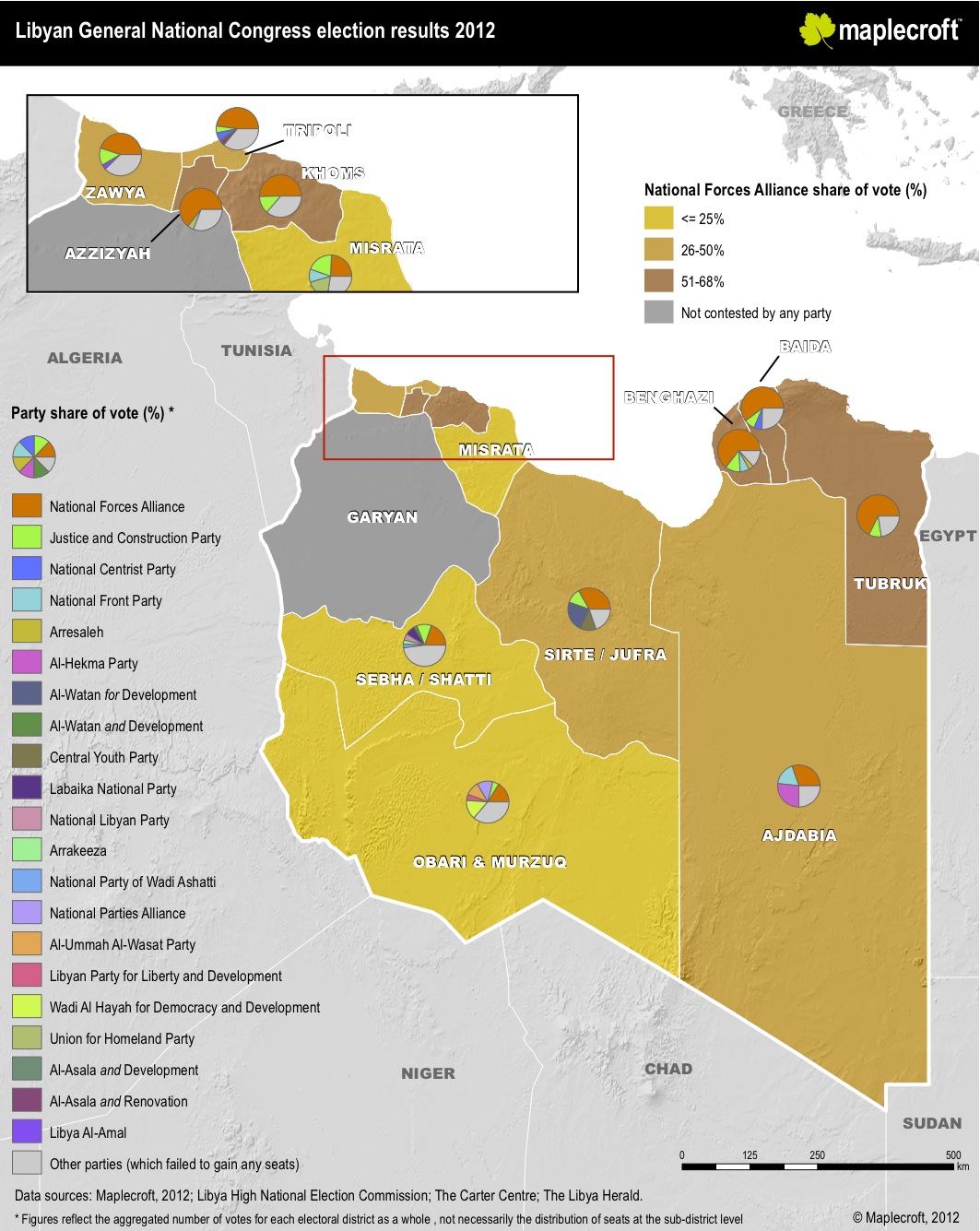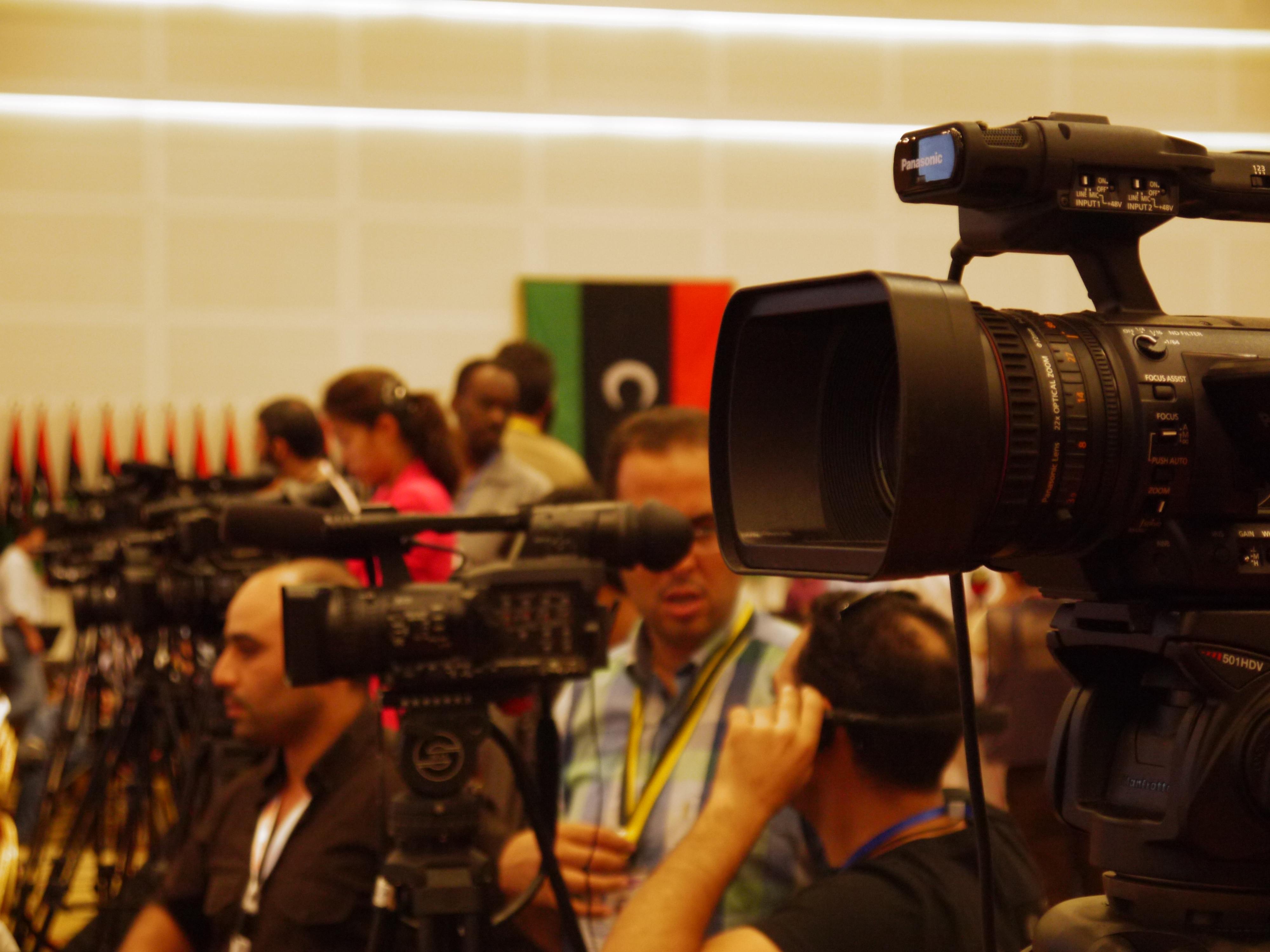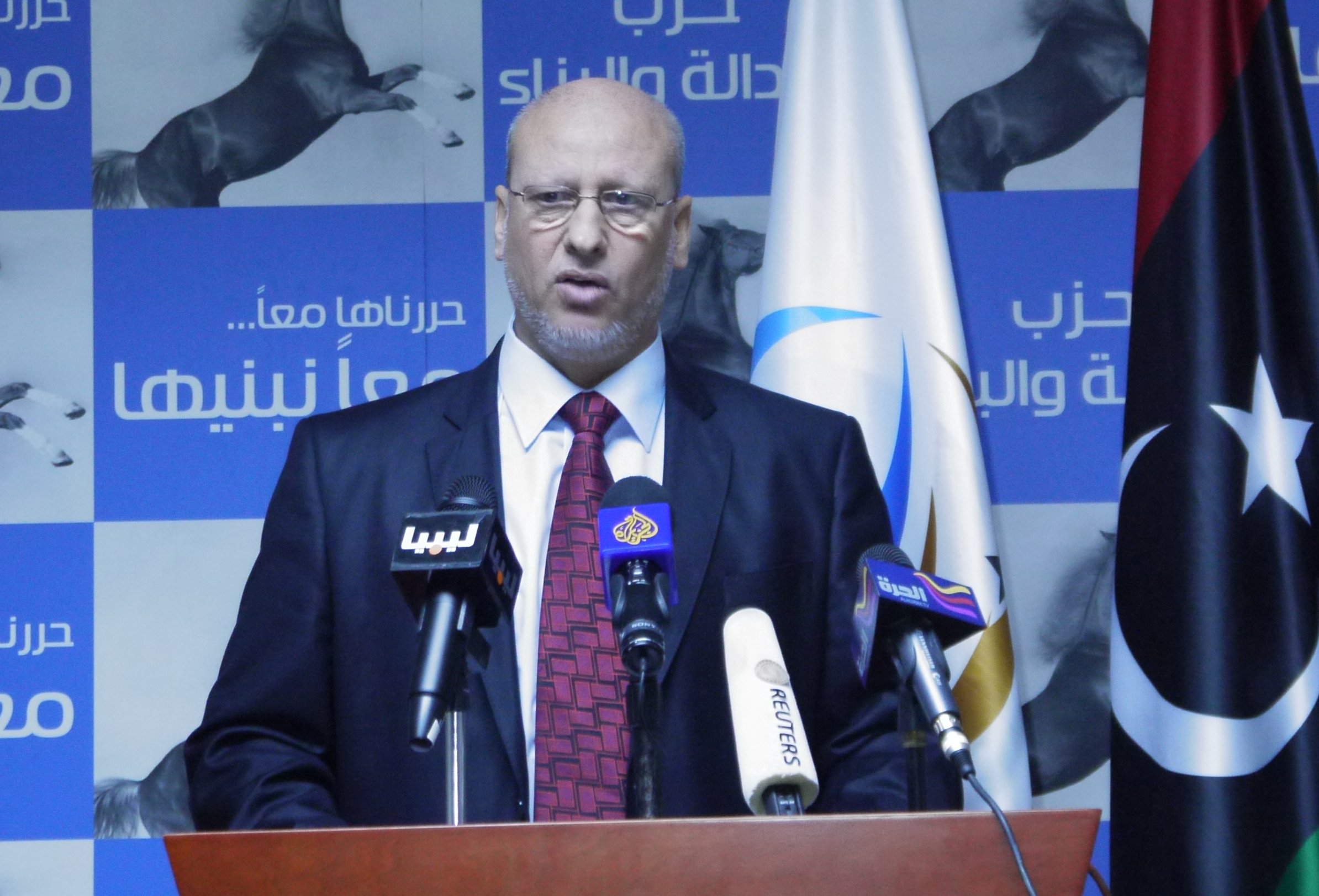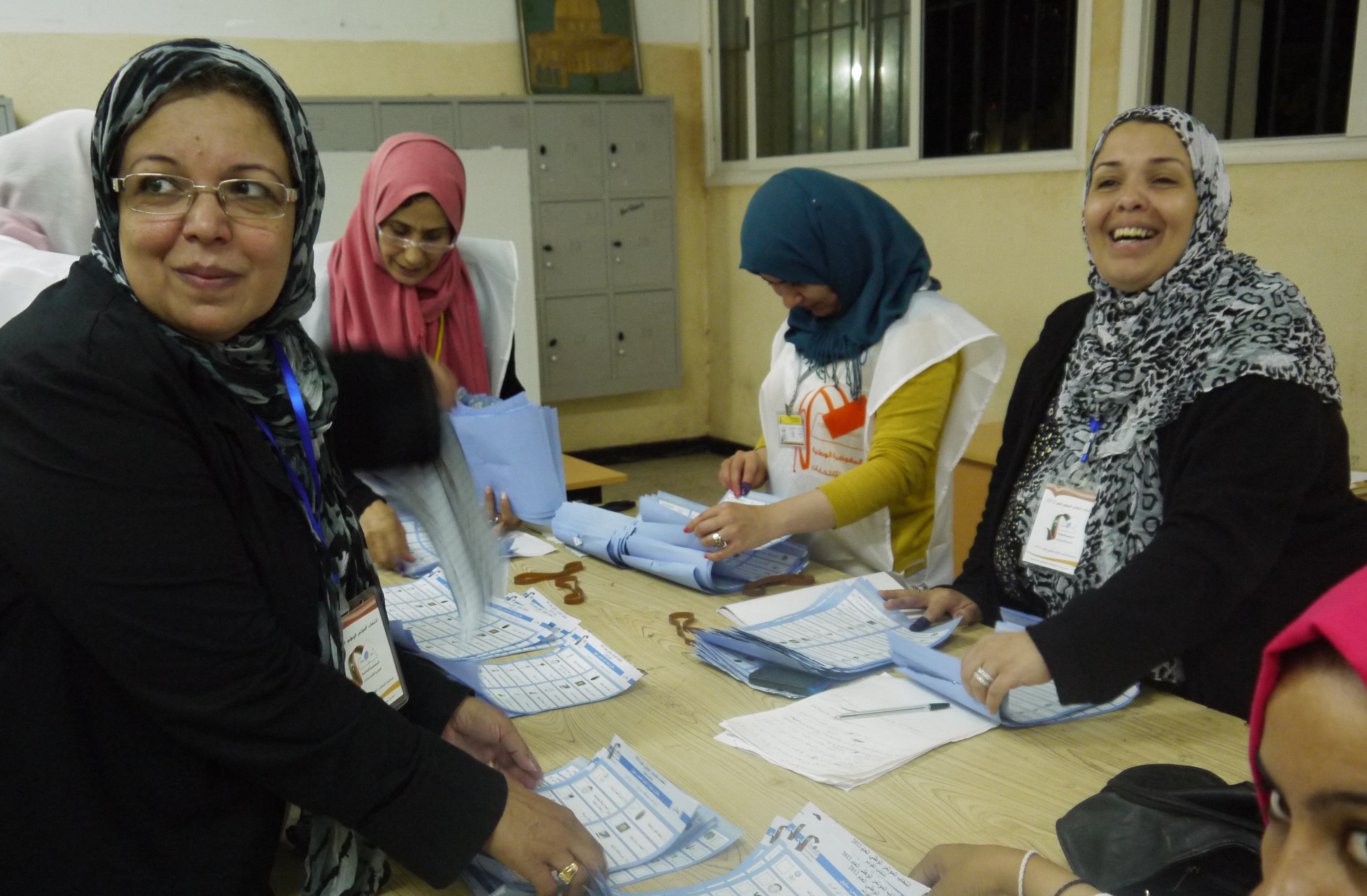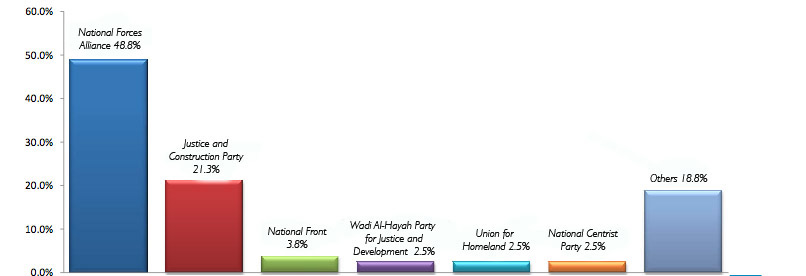Tripoli, 23 July:
The Special Representative of the UN Secretary-General, Ian Martin, in his report to the Security Council on 18 July, . . .[restrict]has said that the 7 July elections had been an “overwhelming success” and the way in which they were carried out had “deeply impressed all observers”.
“Libyan men and women, young and old,” he said, “amassed in queues at polling centres to cast their votes, and then displayed their inked fingers with the pride and emotion of people who had so long been denied democratic freedoms, many of whose families had suffered and sacrificed loved ones for the right they were at last able to exercise. Where violence threatened the poll, it was the determination and the courage of the voters themselves which successfully resisted it”.
Given the total lack of any electoral experience, the way in which the Libyans carried out the process had been “an extraordinary accomplishment”.
The campaign had proceeded smoothly. There had been no conflicts between candidates or supporters and very few allegations of misconduct. There had been “a spirit of goodwill” among political entities and the voluntary code of conduct which the UN Support Mission in Libya (UNSMIL) had helped facilitate had been observed.
Martin noted that there had been some violence in the period prior to the polls, largely in the east and mainly over the allocation of seats, with attempts to sabotage the poll in certain places, but these had failed to derail the process. “The determination of Libyans to exercise their hard-won right to vote helped to overcome all attempts to deprive them of it.”
The High National Election Commission and Libyan civil society were “to be commended on the transparency of the election”, he said. The work of the commission had been ”remarkable” and the relationship between it and the UN Electoral Support Team which at its peak included 55 international staff had been “exemplary”.
Martin noted that if the decision by the NTC to elect the 60-member Constitutional Commission were not overturned by the new National Congress, it would “significantly lengthen the timeline for the constitutional process”.
He also believed that because of the widespread feeling in the east that it has been marginalization in the past, political solutions would be required. However, he said that the doors to dialogue was already be opened by Libya’s political entities.
As to the new government, to be appointed by the National Congress, he said he expected the handover would be smooth but there was “no underestimating the challenges and the expectations” which it would face. Topping these are security.
There will have to be “a more systematic and comprehensive look at the overall national security and defence structure, beyond ad hoc or short-term initiatives in support of the police or the armed forces”, he said. “This must include the development of a national security strategy, improved inter-agency coordination and cooperation in the security sector, and the avoidance of fragmenting command and control structures among agencies.”
The Special Representative also noted that efforts so far to integrate revolutionaries and brigades “lacked an overall concept and coordination, and need urgent review”. In regard to that, the key tasks ahead would be the building of “a functioning Ministry of Defence”.
Now that the election are over, Martin said that the UNSMIL is now proposing to help the Ministry of Interior modernise the Libyan police force.
Other challenges facing the incoming government include the absence of an integrated policy on border security, particularly on the southern border, mine clearance and the issue of justice.
On the latter, he said, “progress has been disappointing”. Those accused of serious crimes had to be brought to justice “within the law”, trials had to be fair, unlawful arrests and detention had to be ended and those against whom there was no evidence released. “The capacity to do justice is essential to reconciliation” he said. “ not just as a matter of theory or principle, but as a very practical matter of how to resolve recent local conflicts.”
The report, Martin said, would probably be his last to the Security Council. But he made it clear that his time in Libya had been quite remarkable.
“When I first traveled to Benghazi last year to meet the National Transitional Council and discuss the possible UN assistance to Libya once the fighting ended, I could not have imagined how far Libya would have come by today.
“At this moment of peaceful, democratic transition to new authorities, Libya stands well in comparison with any post-conflict context.” [/restrict]
